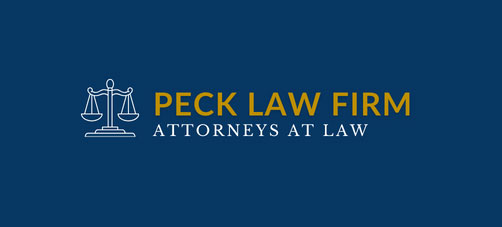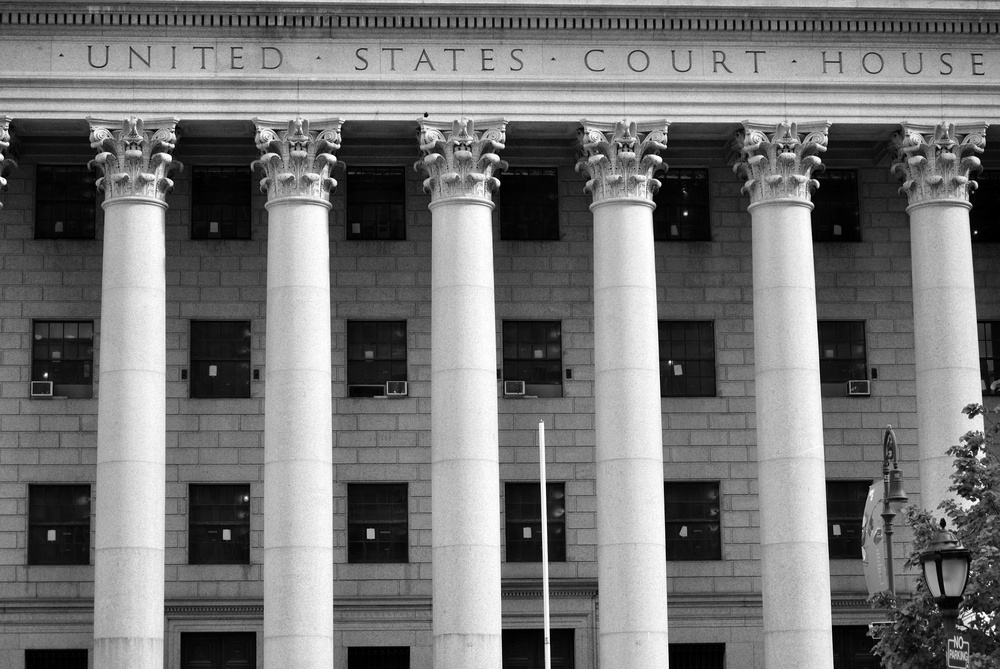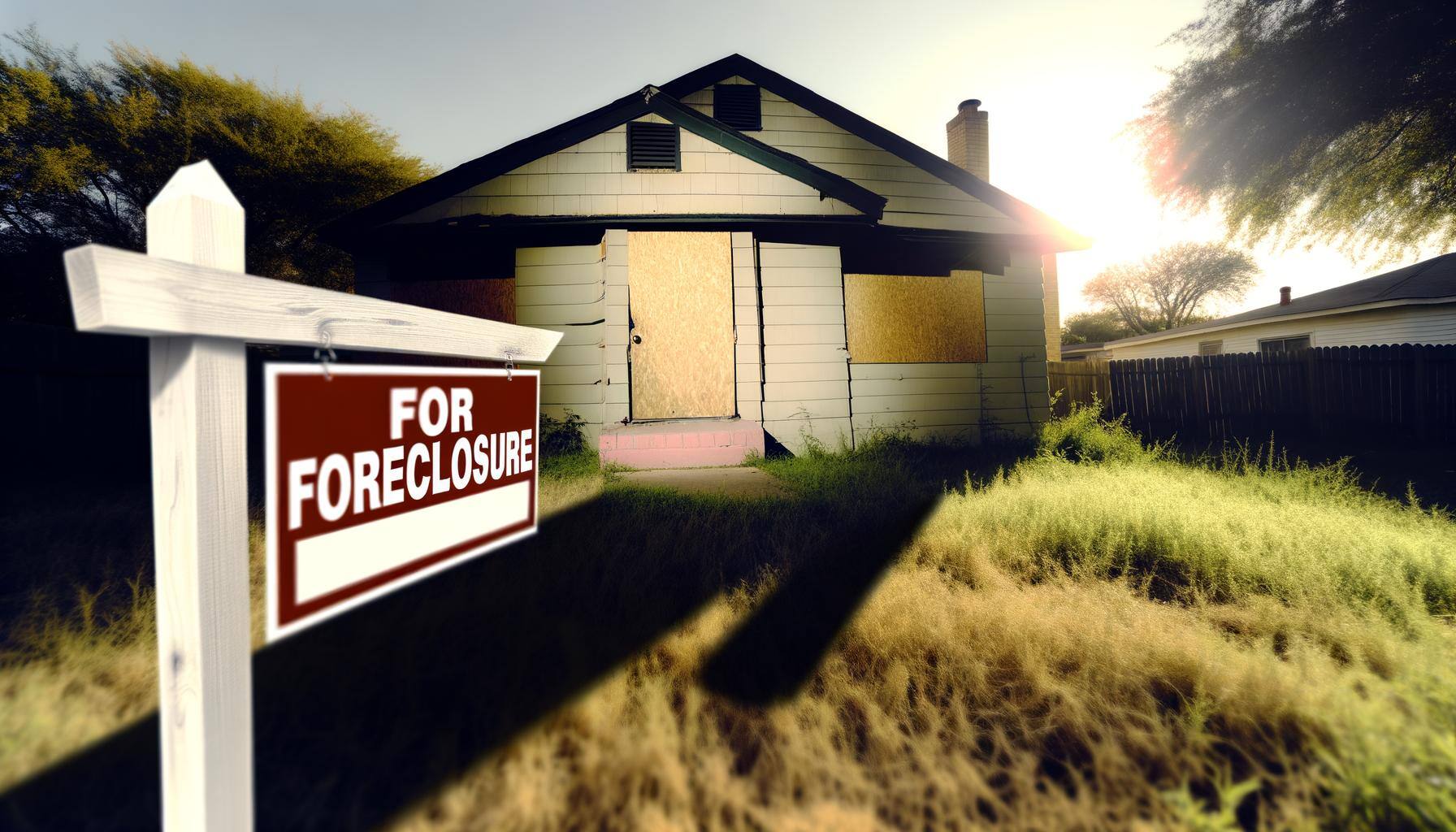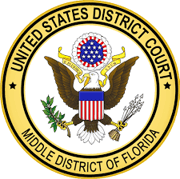Foreclosure Process in Florida: Your Rights and Options

Navigating the foreclosure process in Florida can be daunting, but understanding your rights and options is crucial. Learn how you can protect yourself and explore alternatives.
Understanding the Foreclosure Process in Florida in 3 Steps
The foreclosure process in Florida can be complex and overwhelming. It is important to have a clear understanding of how it works to protect yourself and your rights as a homeowner.
- Fall behind on payments: The process typically begins when a homeowner falls behind on mortgage payments. The lender will then initiate foreclosure proceedings and file a lawsuit against the homeowner.
- Notice of foreclosure: Once the lawsuit is filed, the homeowner will receive a notice of foreclosure, which outlines the details of the case and provides an opportunity to respond. It is crucial to review this notice carefully and consult with a legal professional if needed.
- Court judgement: If the homeowner does not respond or cannot resolve the issue, the court may issue a judgment of foreclosure. This gives the lender the right to sell the property in order to recoup the unpaid mortgage debt.
Throughout the foreclosure process, homeowners have the right to defend themselves and contest the foreclosure. It is important to be aware of these rights and seek legal assistance if necessary.
Know Your Rights as a Homeowner
As a homeowner facing foreclosure in Florida, it is important to know your rights and understand what protections are available to you.
- Right to be notified: One of the key rights homeowners have is the right to be notified of the foreclosure proceedings. This includes receiving a notice of foreclosure, which should include important information about the case and how to respond.
- Right to contest: Homeowners also have the right to contest the foreclosure and present a defense in court. This can include challenging the lender's documentation, raising legal issues, or demonstrating that the foreclosure is in violation of state laws.
- Right to explore alternatives: Additionally, homeowners have the right to explore alternatives to foreclosure, such as loan modifications, short sales, or deed in lieu of foreclosure. These options can provide opportunities to avoid the negative consequences of foreclosure and potentially keep the property.
It is important to research and understand your rights as a homeowner facing foreclosure in Florida. Consulting with a legal professional can help you navigate the process and ensure you are fully aware of your options.
4 Options to Avoid Foreclosure
Facing foreclosure in Florida can be a challenging situation, but there are several options available to homeowners to help avoid foreclosure and protect their homes.
- Negotiate a loan modification: One option is to negotiate a loan modification with the lender. This involves working with the lender to modify the terms of the mortgage, such as lowering the interest rate or extending the repayment period. A loan modification can make the monthly payments more affordable and help the homeowner catch up on missed payments.
- Short sale: Another option is a short sale, where the homeowner sells the property for less than the remaining mortgage balance. This can be a viable solution if the homeowner is unable to afford the mortgage payments and wants to avoid foreclosure.
- Deed in lieu: A deed in lieu of foreclosure is another option to consider. This involves voluntarily transferring ownership of the property to the lender in exchange for the cancellation of the mortgage debt. It can be a way to avoid foreclosure and minimize the impact on credit.
- Government assistance programs: For homeowners who are struggling financially, there may be government programs available to provide assistance. These can include loan forbearance, repayment plans, or even foreclosure prevention grants. It is important to research and explore these options to determine eligibility and requirements.
- Seeking assistance from a HUD-approved housing counselor or a foreclosure defense attorney can help homeowners understand their options and make informed decisions to avoid foreclosure.
Seeking Legal Assistance
Navigating the foreclosure process in Florida can be complex and challenging, which is why seeking legal assistance is crucial.
- Guidance: A foreclosure defense attorney can provide valuable guidance and representation throughout the process. They can review the foreclosure notice, assess the validity of the case, and help homeowners understand their rights and options.
- Negotiate with lender: An attorney can also negotiate with the lender on behalf of the homeowner, exploring alternatives to foreclosure and working towards a resolution that protects the homeowner's interests.
- Represent you in court: Additionally, an attorney can represent homeowners in court and present a strong defense against the foreclosure. They can challenge the lender's documentation, raise legal issues, and ensure the homeowner's rights are protected throughout the proceedings.
It is important to consult with a foreclosure defense attorney as soon as possible when facing foreclosure in Florida. They can provide personalized advice based on the homeowner's specific situation and help navigate the legal complexities of the process.
Resources for Homeowners Facing Foreclosure
When facing foreclosure in Florida, homeowners can access various resources to help them understand their rights and explore options.
The Florida Housing Finance Corporation provides resources and assistance programs for homeowners facing foreclosure. They offer counseling services, foreclosure prevention initiatives, and information about available resources.
HUD-approved housing counseling agencies can also be valuable resources for homeowners. These agencies provide free or low-cost counseling services to help homeowners understand their options, navigate the foreclosure process, and make informed decisions.
Local legal aid organizations, may offer free or reduced-cost legal services to homeowners facing foreclosure. These organizations can provide legal advice, representation, and assistance throughout the foreclosure process.
It is important to research and reach out to these resources to ensure homeowners have the support and information they need when facing foreclosure in Florida. Contacting a highly-awarded foreclosure lawyers, like Rick Peck at Peck Law Firm, can help you understand your legal options and protect your home.






